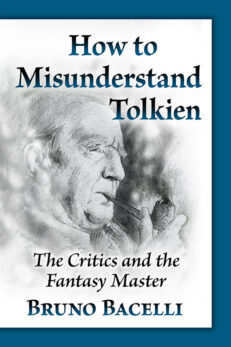American Boarding School Fiction, 1928–1981
A Critical Study
$39.95
In stock
About the Book
When boarding-school fiction became popular in the 19th century, it tended to be warm and nostalgic, filled with sporting events, practical jokes, and schemes to get even with campus bullies. All of that changed in the era discussed in this book. Holden Caulfield, the narrator of J. D. Salinger’s The Catcher in the Rye, drops out of one prep school and is expelled from two others. The conflicts between students in John Knowles’s Devon School novels become so heated that two young men die. And in the controversial novel Good Times/Bad Times, James Kirkwood portrays the headmaster of a private academy as closeted, deeply neurotic, and infatuated with an 18-year-old who has recently enrolled at his school.
In spite of their unsettling images of anguish and cruelty, these and other American boarding-school novels have attracted large audiences and influenced countless school narratives in fiction, drama, television and film. Many books have been written about British school stories. This is the first study that explores the history of boarding-school fiction in the United States.
About the Author(s)
Bibliographic Details
Alexander H. Pitofsky
Format: softcover (6 x 9)
Pages: 208
Bibliographic Info: notes, bibliography, index
Copyright Date: 2014
pISBN: 978-0-7864-7865-1
eISBN: 978-1-4766-1662-9
Imprint: McFarland
Table of Contents
Table of Contents
Acknowledgments v
Introduction: “The Freshest Boy” and the Prep-School Myth 1
1. Masculine Competition and Boarding-School Culture in The Catcher in the Rye 11
2. Unseen Academy: John Knowles’s A Separate Peace 33
3. Campus Politics and Endless Adolescence in The Rector of Justin 54
4. Sexuality, Gothic Melodrama, and Boarding-School Fiction: James Kirkwood’s Good Times/Bad Times 77
5. “That was what made the school so useless”: Anti-Prep Broadsides and A Good School 108
6. Isolation and Conflict in Tea and Sympathy and Peace Breaks Out 134
Conclusion: An Indestructible Myth 160
Chapter Notes 173
Works Cited 187
Index 195





